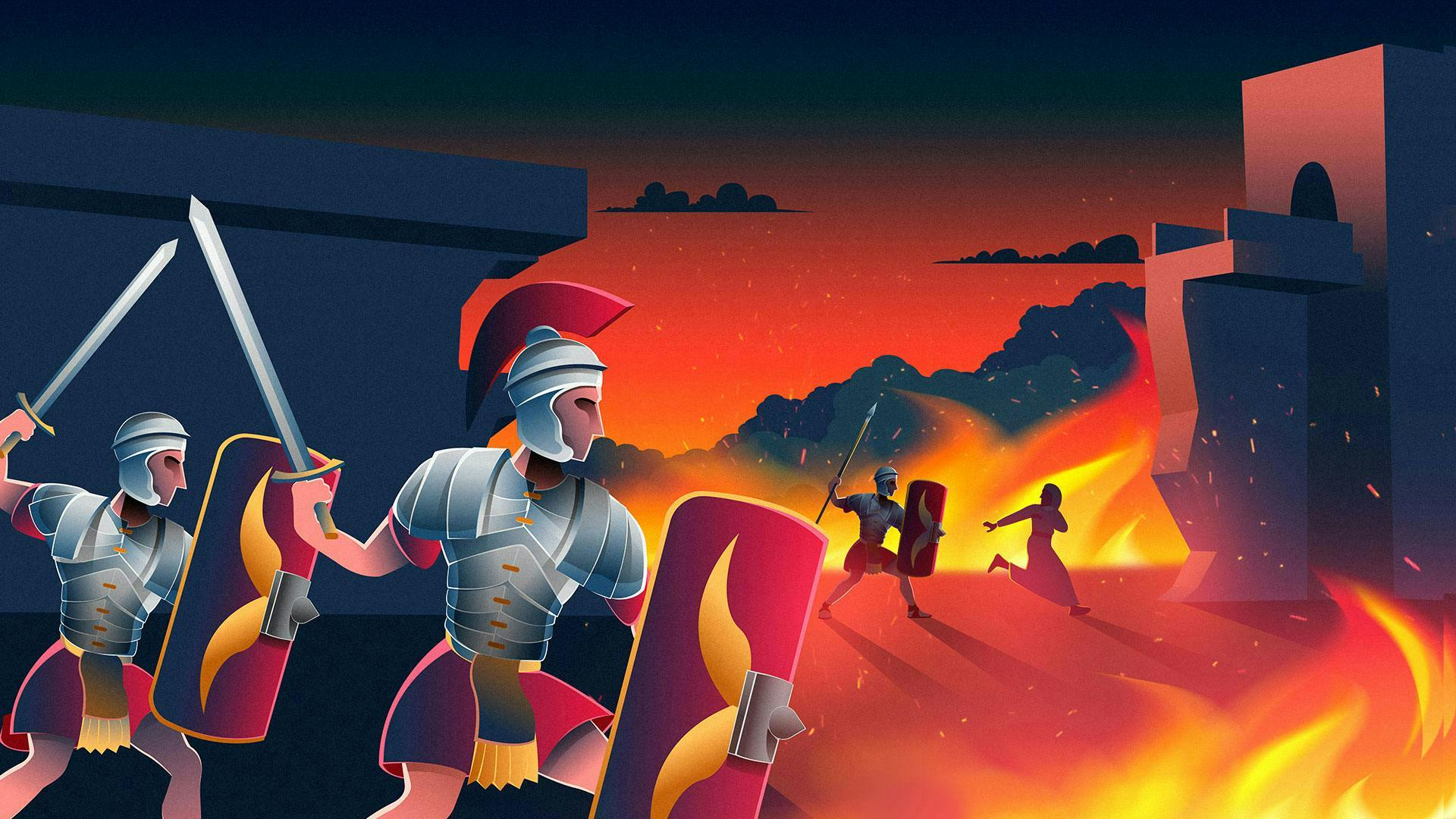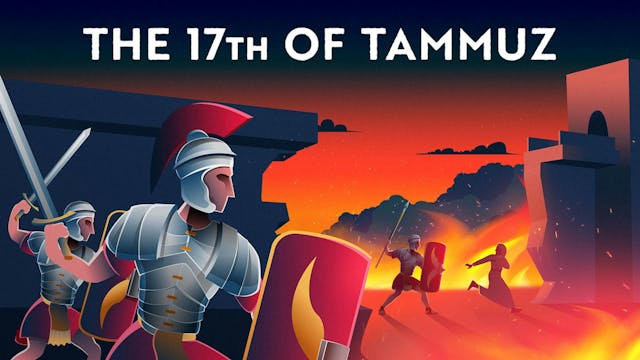Shiva Asar B’Tammuz (Fast of 17th Tammuz) 2025
The Fast Of Tammuz
Shiva Asar b’Tammuz – the fast held on the 17th of Tammuz – is a minor fast day with grand significance. It commemorates many tragedies in Jewish history, and begins the mourning period of the Three Weeks, which culminates in Tisha B’Av.

When Is Shiva Asar B’Tammuz 2025?
The Fast of Shiva Asar B’Tammuz is held in the Hebrew month of Tammuz on the 17th day. This year, it falls on July 13, 2025. The fast begins on Sunday at dawn.
Tzom Tammuz: The 17th of Tammuz 2025
What Happened On Shivah Asar b’Tammuz?
Tzom Tammuz – the Fast of Tammuz – begins the intense period of mourning for three weeks, and commemorates the destruction of the First and Second Temples. Among other historical tragedies, the 17th day of Tammuz marks the day the Romans breached the walls of Jerusalem, precipitating the fall of the Second Temple.
The date of the Fast of Tammuz is the 17th day of the month of Tammuz on the Hebrew calendar, or on the 18th of Tammuz if the 17th is on Shabbat. This places the fast during the summer months of July or August.
The Fast of Shiva Asar B’Tammuz (שבעה עשר בתמוז) begins at dawn and ends at nightfall. The 17th of Tammuz is considered to be a minor fast day, on which only eating and drinking are prohibited. Other activities like bathing and working are permitted.
The history behind the fast of 17 Tammuz is extensive, with many tragic events having occurred on this date.
Today, the fast commemorates many tragedies in Jewish history.
- On Shiva Asar B’Tammuz, the Roman decree outlawing sacrifices in the Temple was put in place, and the daily Tamid offering was forced to end.
- The following year, the walls of Jerusalem were breached by the Roman army, leading to the fall of the Second Holy Temple.
- The Roman military leader Apostomus burned a Torah scroll on this day, before the Bar Kochba Rebellion.
- On this day, an idol was placed in the Holy Temple, profaning the sacred space.
- During Biblical times, the 17th day of Tammuz is believed to be the day that Moshe broke the Luchot, or Tablets, as he descended from Mount Sinai and saw the Israelites worshiping the Golden Calf. The terrible sin of the Golden Calf marked the day for suffering and tragedy on the Jewish calendar.
- In 1095, the walls of Jerusalem were breached again during the First Crusade.

